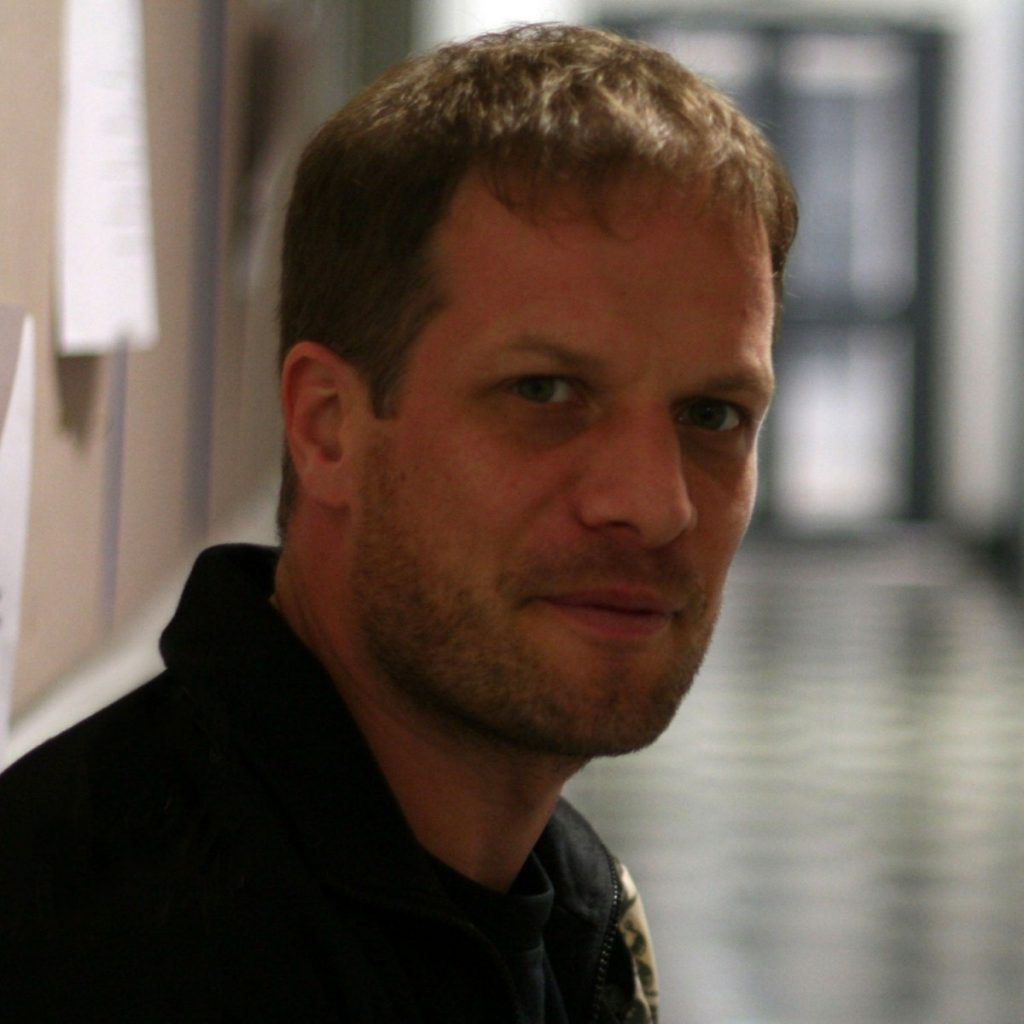Comment: Frontline is an affront to both parents and social workers
By Tom Henri
Frontline was officially announced earlier this month as a new social work training scheme to attract the 'brightest and best' to social work. The scheme involves a five-week summer school followed by on-the-job training for a year. The focus of the model is very much around risk and child protection, but I have severe reservations and objections to this model.
I believe it devalues social workers – by stating this model is aimed at attracting the 'brightest and best' necessary infers that the 'brightest and best' are currently lacking from the profession and the discipline. I personally find this highly offensive to my friends, colleagues and students.
I have been a children and families social worker, now I am a social work educator, and I strongly believe that most families want the best for their children. Often circumstances and situations create challenges and difficulties for families in being able to prioritise or meet their children’s needs. This is where, in my opinion, social work with children and families should happen, to support families that are struggling. Now by relying on a very-narrow focus on short-term risk – which to be fair to Frontline, it did not create but it will certainly exacerbate – it undermines all those struggling parents and families who do want the best for their children but need help and support.


Let's look again at the focus on risk and child protection. This process of narrowing child protection social work has been ongoing for a number of years now. It relies on evidence of risk of physical, emotional and sexual harm, and neglect. This model of risk in child protection often fenestrate the broader context of children’s lives. Often, by focusing on discreet categories of evidence of risk, we miss the bigger picture. We only have to look at the recent child sex abuse scandal in Oxford to observe how very limited ranges of intervention missed the bigger picture. Frontline will not address this failing; in fact, I perceive that it will make it more likely that social workers will miss these important connections.
One of the advantages of professional education located in universities is that it creates a necessary nexus between teaching, learning and research. Research is essential for the development of any helping profession. The old adage, 'the best nurse 30 years ago would be the worse nurse now', also applies to social work. Professions have to develop, and research should lead that development. By reducing the time social work students spend in university to five weeks, Frontline effectively disconnects the practice from development through research.
Tom Henri studied sociology, social policy and social work at the University of Southampton. He then worked as a social worker and a social work educator before taking up a lectureship at Goldsmiths, University of London.
The opinions in politics.co.uk's Comment and Analysis section are those of the author and are no reflection of the views of the website or its owners.

